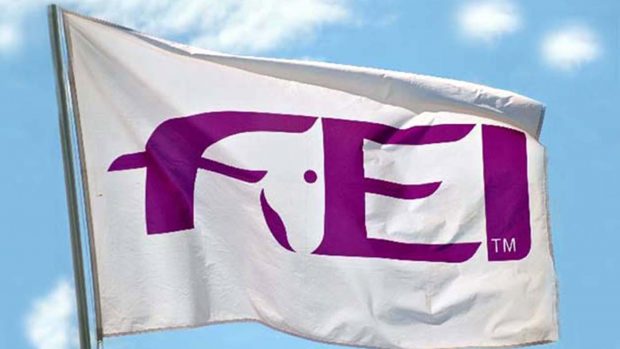The recent cases of banned substances found in tests on top riders’ horses has once again highlighted the fine line between feeding to get the performance you want and “performance enhancement”.
Valerian, one of the prohibited substances found in the test on Abbervail Dream, is a herb with sedative properties. It was banned in the US before the Jockey Club and FEI started testing for its active component, valerenic acid.
Valerian is prohibited in competitions because the FEI takes the view that it has a pharmacological effect and could have a positive modifying influence on performance.
However, competitors need to be aware that there are many products on the market that contain valerian, because it is useful to help calm nervous horses which aren’t competing under rules that ban its use.
While international competitors know that they could be routinely tested at a show, everyday competitors may not realise that horses taking part in any event in Britain could be tested at any time in the season.
Ignorance of the specific rules is not an acceptable excuse for a positive test. It is up to every competitor to acquaint themselves with their sport’s rules.
Guidelines
|
||
 |
||


 Get up to 19 issues FREE
Get up to 19 issues FREE TO SUBSCRIBE
TO SUBSCRIBE 



